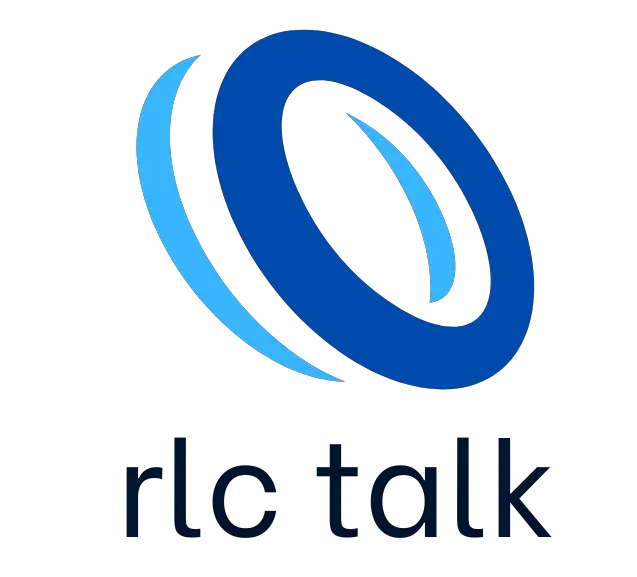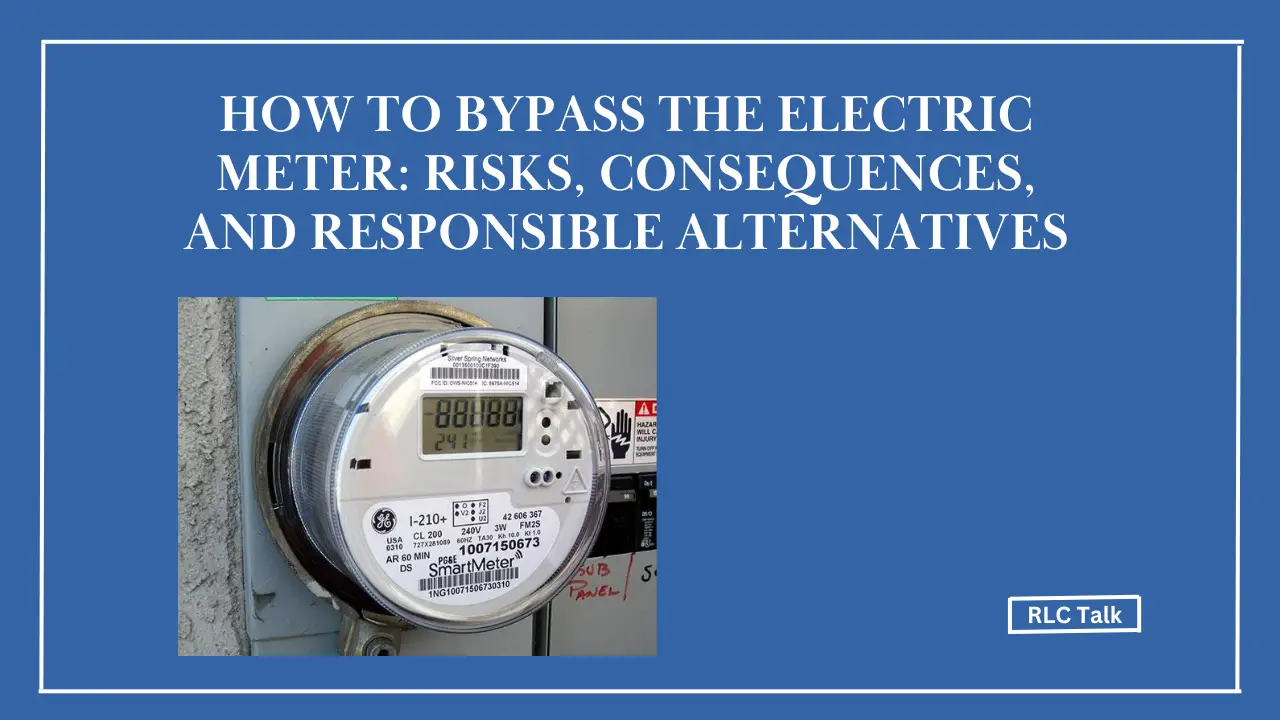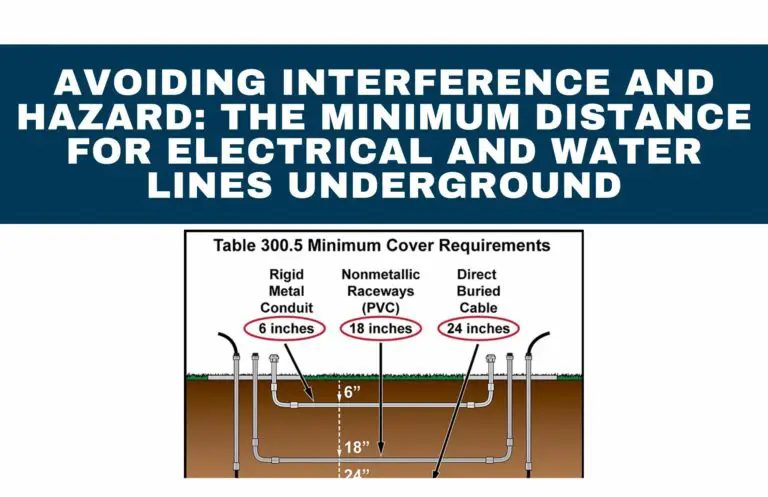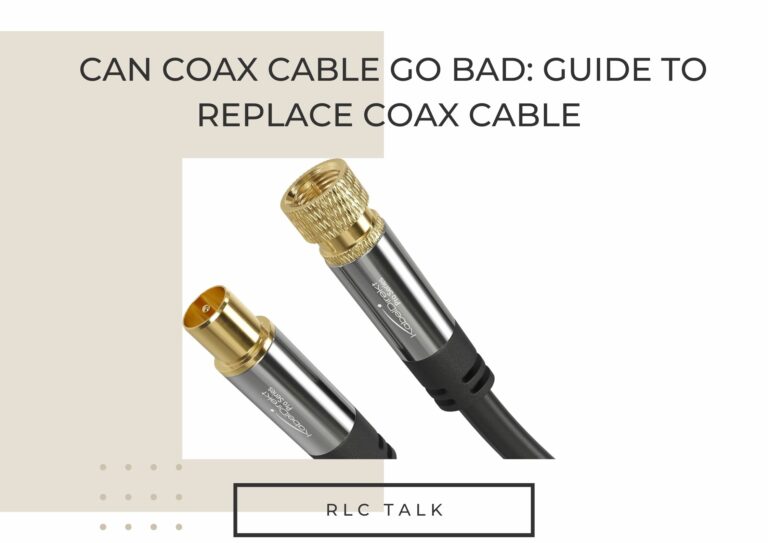How to Bypass the Electric Meter: Risks, Consequences, and Responsible Alternatives
Electric meters are vital in measuring and monitoring electricity consumption, ensuring accurate billing, and promoting fair distribution of energy resources. Understanding the significance of these meters is crucial to maintaining the electrical system’s integrity.
This article sheds light on the unethical practice of bypassing electric meters, the reasons behind such attempts, and the associated risks. Additionally, we will explore responsible energy consumption practices and legal alternatives that can benefit both consumers and utility companies.
What is Electric Meter Bypassing?
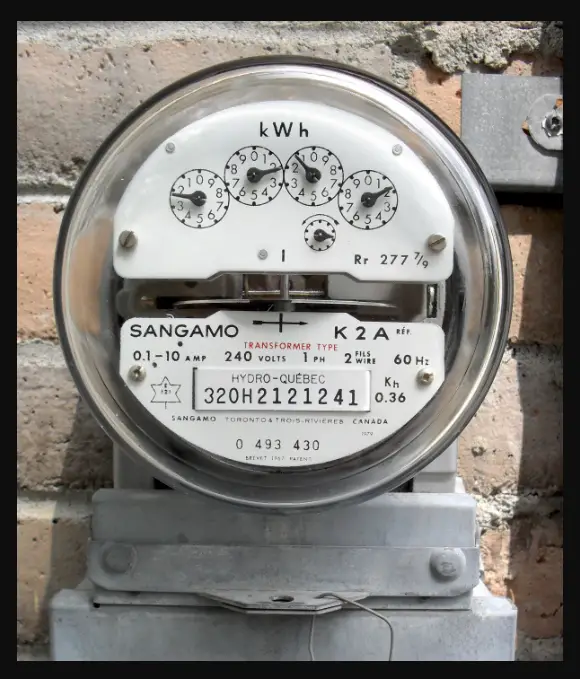
Electric meter bypassing refers to the illegal act of tampering with or manipulating the meter to alter or avoid accurate electricity consumption measurement. It involves bypassing the meter to directly access electrical power without recording it.
This deceptive practice undermines the functioning of the electrical system and has serious ethical implications.
What are the reasons Why People Attempt Meter Bypassing?
Financial Motives
Some individuals attempt meter bypassing to avoid paying their fair share of electricity bills. By tampering with the meter, they aim to reduce or eliminate the recorded consumption, leading to financial gains for themselves at the expense of utility companies and other consumers.
Unauthorized Power Consumption
In certain cases, meter bypassing is done to consume electricity without detection. This may be driven by various reasons, such as running illegal operations, growing unauthorized crops, or engaging in activities requiring substantial power consumption without being accountable.
Avoiding Detection
Meter bypassing is also sought after by individuals who wish to avoid detection or scrutiny for their energy usage. They may have valid reasons, such as the desire for privacy or engaging in activities that they prefer to keep undisclosed. However, bypassing the meter is not an appropriate or legal solution.
Can a smart meter be bypassed?
No, smart meters are designed with advanced technology and robust security measures that make it extremely difficult to bypass them. Unlike traditional meters, smart meters have built-in encryption and tamper detection features that detect any unauthorized interference or attempts to manipulate the meter.
Additionally, smart meters are connected to a secure network, enabling real-time monitoring and remote management by utility companies. Any tampering or bypass attempts trigger alerts, allowing swift action to be taken.
Combining these security measures and advanced technology ensures the integrity and accuracy of smart meter readings, making bypassing nearly impossible.
Can a magnet stop an electric meter?
While there are some claims and misconceptions surrounding the use of magnets to tamper with electric meters, the reality is that magnets cannot effectively stop or alter the functioning of modern electric meters.
Electric meters, including smart meters, are designed with advanced technology and security features that make them resistant to external influences, including magnets.
Electric meters typically operate based on measuring electrical currents and other factors. Magnets, on the other hand, generate magnetic fields.
While magnets can interact with certain components and materials, they do not possess the capability to disrupt the accurate measurement of electricity or halt the operation of an electric meter.
The Risks and Consequences of Bypassing Electric Meters
There are so many risks and consequences that you may face when trying to bypass the electric meter. Some of those risks are explained below.
Electrical Hazards and Safety Concerns
Bypassing electric meters can lead to hazardous situations, including electrical fires, electrical shocks, and equipment damage.
Tampering with the metering system without proper knowledge and precautions can jeopardize personal safety and the safety of others.
Legal Repercussions and Penalties
Bypassing electric meters is illegal in most jurisdictions. Individuals caught engaging in such activities can face severe legal consequences, including hefty fines, legal charges, and potential imprisonment.
The legal system takes meter tampering seriously to ensure the integrity of the electrical infrastructure.
Impact on Utility Companies and Honest Consumers
Meter bypassing negatively affects utility companies and honest consumers. When individuals tamper with meters, it disrupts the accurate measurement of electricity usage, leading to revenue losses for utility companies.
This, in turn, can result in increased costs for honest consumers to compensate for the losses.
Responsible Energy Consumption and Legal Alternatives
Instead of resorting to meter bypassing, individuals can adopt responsible energy consumption practices.
This includes turning off lights and appliances when not in use, optimizing heating and cooling systems, using energy-efficient appliances, and utilizing natural light whenever possible. These small changes can significantly reduce electricity consumption and promote sustainability.
Seeking Professional Energy Audits
Consulting professionals for energy audits can provide valuable insights into energy-saving opportunities. Experts can assess a home or business’s energy usage, identify inefficiencies, and suggest improvements that lead to reduced energy consumption and lower bills.
Negotiating with Utility Providers
In certain cases, individuals facing financial constraints can communicate openly with their utility providers. Many companies offer flexible payment plans, energy-saving advice, and assistance programs to help customers manage their bills effectively.
Exploring these options can be a more ethical and legal approach to addressing financial difficulties.
How to Remove Electric Meter Tamper Tag? Step-By-Step Guide
rlctalk.com
Conclusion
Bypassing electric meters is an unethical and illegal practice that undermines the electrical system’s integrity. It risks personal safety, leads to legal repercussions, and affects utility companies and honest consumers.
Instead of resorting to such practices, individuals should focus on responsible energy consumption, adopting energy-saving measures, seeking professional guidance, and engaging in open communication with utility providers. By promoting ethical energy practices, we contribute to a sustainable and fair electricity distribution system that benefits everyone involved.
